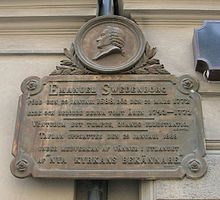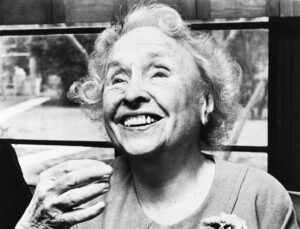Emanuel Swedenborg was born January 29th, 1688 in Stockholm, Sweden. His father was a clergyman and professor of theology. Swedenborg grew up in an intellectual environment and was exposed to academic dialogue from an early age. As a child, he had a hunger for learning. This characteristic would prove to be a lifelong trait. His self-directed program of education led him to master virtually all the known sciences by the time he reached middle age. He held a seat in the Swedish house of Nobles for fifty years, served as the king's engineering advisor, and gained a reputation as one of the foremost intellectual giants of the age.
Despite his expansive scientific exploration, Swedenborg wasn't satisfied with a purely physical approach in his quest to understand the universe. In particular, he wanted to unravel the nature of the soul. Based on his conviction that all matter in the universe is fuelled by God's creative life force, he shifted his focus to writing about the relationship between physical life and spiritual life. Soon after starting this work, he began to have vivid dreams and visions of an otherworldly quality. In response, he undertook a meticulous study of the Bible.
A year later in April, 1745, something happened that would change Swedenborg's life forever. He was divinely commissioned to be the means through which God would further reveal Himself to humanity. So began Swedenborg's life as a spiritual revelator. His remaining twenty-seven years on earth was spent in regular contact with the spiritual world. Swedenborg's experiences are recorded in a series of theological publications, referred to by the New Church as the Writings or Heavenly Doctrines. These volumes bring to light the Bible's inner meaning, explain the nature of heaven and hell, teach about heavenly marriages, and provide guidelines for spiritual growth. Through Swedenborg's theological works, we have access to an unprecedented knowledge about God and the workings of the universe. These Writings form the foundation of the New Church and lead thousands of people in the quest to become better human beings.
Swedenborg died on March 29th, 1772. In the centuries since his death, his Writings have influenced progressive thinkers of every generation. He has been called 'The Buddha of the North' by D.T. Suzuki and inspired the likes of Karl Jung, W.B. Yeats, and Helen Keller. In essence, Swedenborg taught that "All religion relates to life, and the life of religion is to do good." He promoted religious tolerance and advocated a useful life as the sincerest form of worship.



